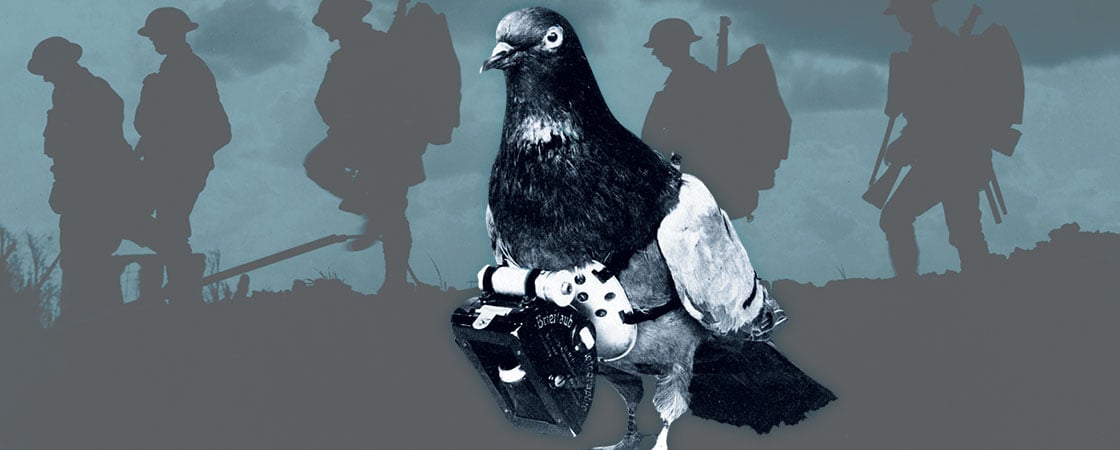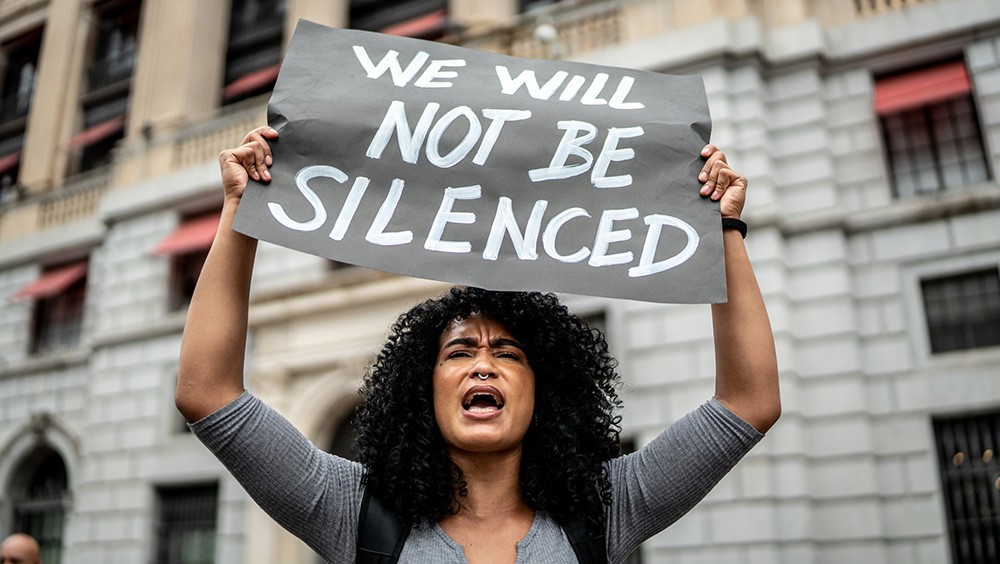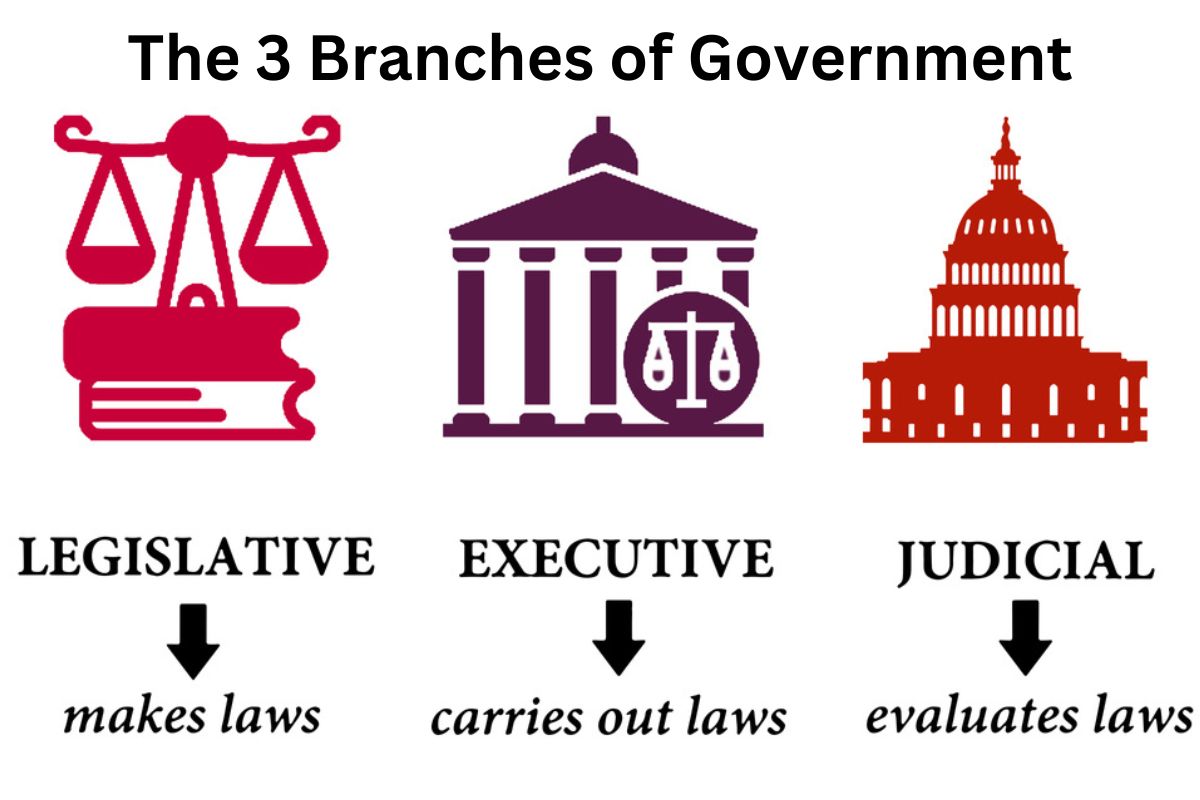Introduction
This weeks EOTO was on the history of communication technology. Everybody chose a piece of communication technology from throughout history and presented on it. A lot of people chose some pretty out there choices and I ended up learning a lot of information I did not know before.
My Favorite Presentations
My favorite presentation was Kaitlyn's presentation on carrier pigeons. To be completely honest, I did not even know carrier pigeons were real. I thought they were just a made up fantasy thing like talking animals, but no. Apparently they were real and people actually used them to send messages. And they were actually pretty good at that at were a vital method of communication at the time.
 |
| pigeon shaken by the terrors of war |
The last interesting thing I learned about carrier pigeons is that they were used up until 2006! Carrier pigeons were used in my lifetime. Again this is crazy to me because I thought they were not even real before this.
Another presentation I found interesting was Ella's on CD's. I thought it was interesting that CD's were a really big part of pirating music. I have not thought about CD's in so long that I never thought about them being used mischievously like that. Makes me think if things we think of as dangerous right now, like A.I., will not be thought of in that way in 50 years. I also thought it was really interesting and funny that big tech companies forced the CD companies to compromise with the threat of boycott.I learned a ton of interesting stuff from the other presentations as well. One that caught my attention was Paige's presentation on photography. First thing she said was that photography dates back to 400 B.C. with tracing, which, yeah I guess it does never thought about that. But what was really interesting was the first underwater photo, taken in 1826. The problem with taking this photo was not taking it underwater, but the lighting. So what they did was create a large explosion and take a photo at the time of the explosion. This is a really cool and insane fact that I really liked.Another interesting fact I learned was from holt's presentation. His was about Netflix and apparently, the entire reason Netflix even exists, is because the creator got upset after being late to return a movie to blockbuster. Kind of prophetic that it ended up being what killed blockbuster all those years later.
Final Thoughts
Overall this was an amazing EOTO, no exaggeration. There was not a single bad presentation. Everyone made sure to prioritize visuals and they were all confident speakers. I know it sounds like I'm just saying this but, no, it's true. I've seen a lot of bad presentations and that's what I was prepared for that day, so I was very pleasantly surprised on how good they were. If any of you are spying on my blog for whatever reason, good job you did a good job on the presentations yay :).















